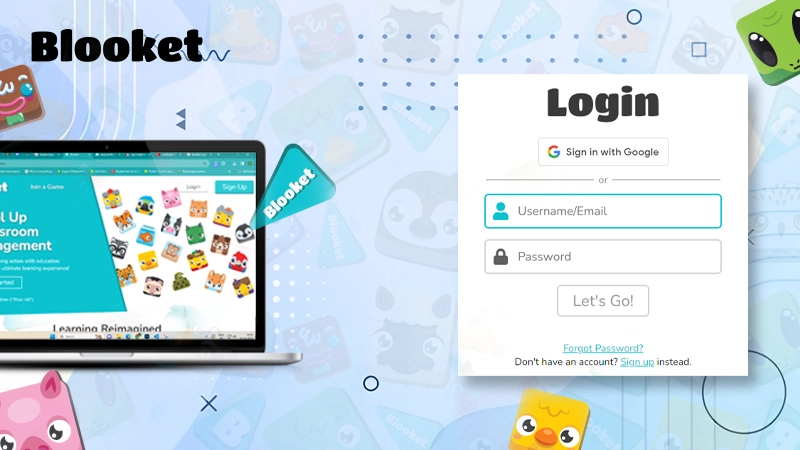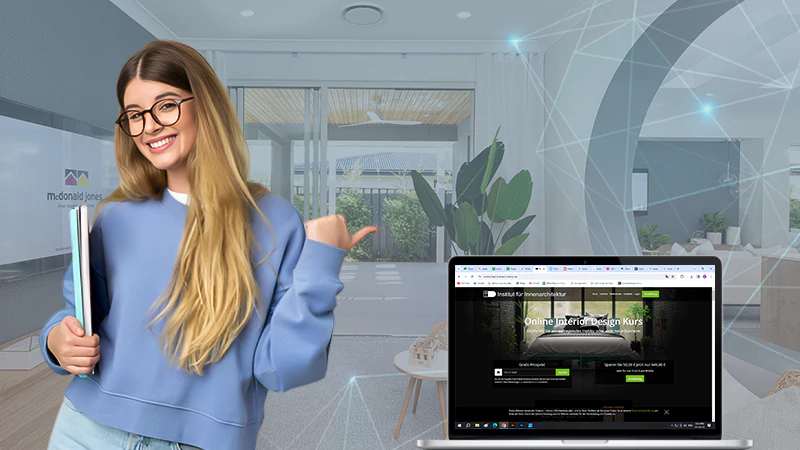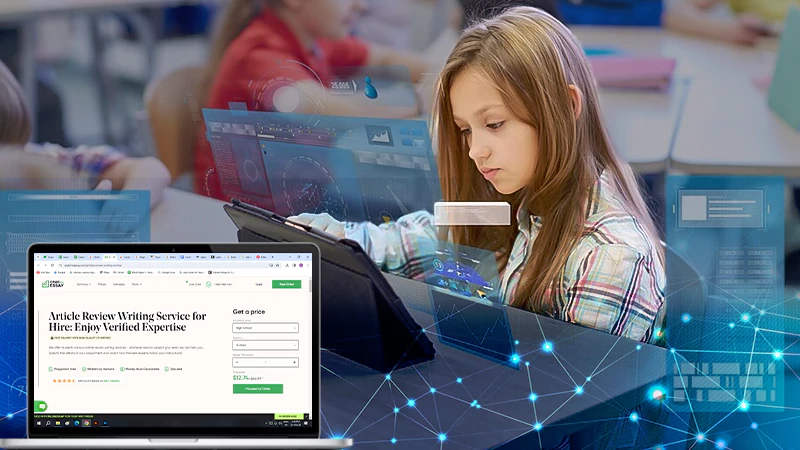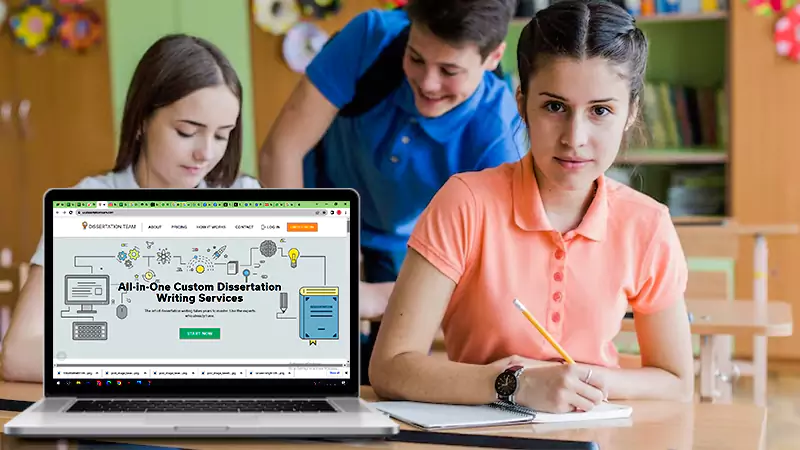Private Tutor vs Teacher: What’s the Difference?
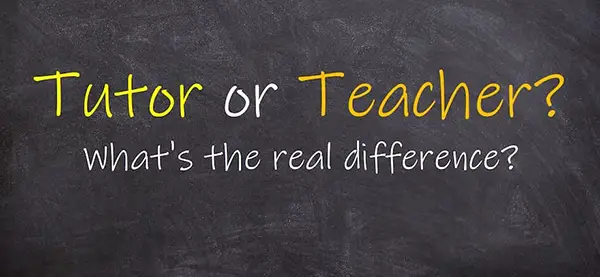
Teaching and tutoring are a lot more different than most people think. Teaching involves managing a class of up to twenty-thirty students, whereas tutors, on the other hand, go for personalized and flexible support to help a student learn.
As for how they handle children, private educators are preferred for kids who need extra coaching or to boost confidence, when teachers follow a standard national curriculum that suits the general.
If you are a parent looking for a Maths tutor in Melbourne or someone who wants to get into teaching, it is significant to distinguish the two professions and how they guide the kids to progress in their education.
So let’s go through the article to get better knowledge!
Differences in Terms of Their Roles
They are similar in that they encourage, facilitate, and assist in knowledge gaining, but they differ in their roles and responsibilities.
Roles of a Tutor
- They tend to teach the smaller groups or one-on-one.
- Add on whatever happens in class with the standard module.
- Lessons are specific to the individual needs of the learner. This can include teaching techniques, too.
- They push their learners towards independent methods.
- Their studying schedules are flexible.
- Study techniques and in-between knowledge go into consideration.
Roles of a Teacher
- They usually deal with a class of up to thirty kids.
- The curriculum they specialize in is the national one.
- Pacing in terms of how they deliver the module is dependent on the majority of children.
- They manage the student’s behavior in the classroom.
- Education happens within school hours.
- The strategies and methods used are the ones that work for the majority.
These differences will let you take a deep look into these professions.
The Main Aspects of a Tutor
Many children don’t experience the study process through private educators as they typically go to school and get taught the general syllabus. However, for those who get private instructors, their experience becomes personalized.
They tend to focus on the needs of the kids and tailor the classes and lessons to be best understood and comprehended by the learner. Studying under them happens primarily at home, but it can also be at school, at a library, via an online webcam, or in any public place.
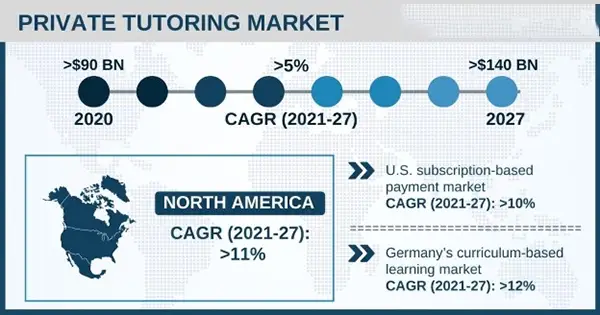
The data above shows the growth rate of the private tutoring market in North America.
Since they have specialties in particular subjects, homeschooled kids often have different educators for different subjects. The methods and techniques they use to teach can be different from the standard national way as it is for the children from school.
Those who attend traditional schools can also have private educators to assist them with subjects or topics they may have trouble grasping. They can impart their expertise to other kids as they do not require the same credentials as teachers and are professionals in their field of expertise.
Since no strict educational requirements exist, anyone can work as a private educator if they know a particular subject. Universities also frequently refer to lecturers who teach fewer pupils as private coaches.
The Main Aspects of a Teacher
They handle 20 to 30 children at a time. Because of the high number, it may be difficult for them to pay the same devoted attention that private educators give them.
They also have a strict module must adhere to a certain standard, and have little flexibility. The objective of a teacher is to pass on information in the most convenient method to the learners.
They have many restrictions, but the tasks are more than the average teaching. Careerwise, you must have teaching qualifications, with the minimum being an educational bachelor’s degree.
Fun Fact About Being A Teacher
You can help students explore the world around them.
Should I Be a Tutor or a Teacher?
As an educator, you may find yourself at a crossroads, wondering what you should become. If you find yourself in this situation, here are some things you should consider when choosing your career.
How Do You Choose the Path You Will Thrive On?
First, assess your timeline and how quickly you want to begin working. If you lean towards the teacher’s side often, prepare for four to five years to acquire your bachelor’s degree and pass a teaching licensure exam.
However, if you don’t have the time, you can stick to privately instructing and begin your job as soon as possible, as the qualifications are neither strict nor set.
What Qualifications Do You Have?
Do you hold a diploma or a degree? It is necessary to evaluate your present educational background. A teaching degree or other credential may lead you to thrive as a school educator. However, you can opt for coaching if your degree is in a different profession.
Workplace Environment
What type of job surroundings do you thrive in? Some individuals prefer one-on-one situations where the professional interacts with one individual or a smaller group that they reach and make sure they understand. For these types, private coaching would be the go-to.
On the other hand, if you prefer a larger group of people with diverse backgrounds, being a school educator should be your goal.
Personal Preferences
Individual personal circumstances also come into play when deciding your career path. A good example is if you are a family man, you would lean towards teaching because it comes with excellent job stability and a higher salary. On the other hand, some people prefer part-time with flexible hours; these will do well as private educators.
The Advantages of Using Tutors
People are different, and we all have different remembering styles. Although school educators use a style that suits the majority, private coaching caters to individual needs. They may assist you in figuring everything out, from communication skills to problem-solving approaches, regardless of the education you are doing.
- Boost confidence: Children might need their guidance to get that extra attention and receive the encouragement they need to push themselves to their limits. Confidence is necessary, be it math skills or mastering your English. Young children feel much safer getting out of their comfort zones in smaller groups, as this builds them up to explore the subject or topic of discussion.
- Nurture learners with a gift: If you have gifted children, getting them the extra guidance they require will aid in their education journey. You’ll need this to push them to participate in national competitions and give them an extra boost of confidence.
- Perfect for children with special needs: A good instructor can instill a passion for studying because tutoring comes with personalized and flexible methods. They also aid in concentration improvement, confidence, and progress. Education is not one-size-fits-all. Hence, flexibility works amazingly with children requiring extra to cater to their needs.
There are many advantages of this field in comparison to the school educators. Consider these points before opting for this job.
Conclusion

Both of the educators want the kids to succeed. If you want to be an educator, either would be fulfilling. Being a school educator will give you a secure income and career, when tutoring, on the other hand, offers flexibility and provides the option to work remotely.
Regarding delivery, school educators have a fixed schedule and utilize group work to enhance social interaction. Private educators work one-on-one and teach in a way the children will understand. Whichever one you prefer, it all narrows down to your preferences.
Blooket Login: Ultimate Guide to Login and Gameplay
10 Fastest Growing Tech Jobs in 2024
Justice: How Technology Transforms Asbestos Lawsuits
5 Quick Steps to Start Your Digital Banking…
Online Interior Design Courses: A Sustainable Choice for…
Challenges and Opportunities in Implementing 5G Technology in…
Top 10 Common Essay Writing Mistakes and How…
E-Learning Trends to Watch in the Coming Years
Incorporating Research into Your Essays: A Guide to…
The College Student’s Guide to Coping with Stressors
4 Mistakes to Avoid When Starting a Private…

